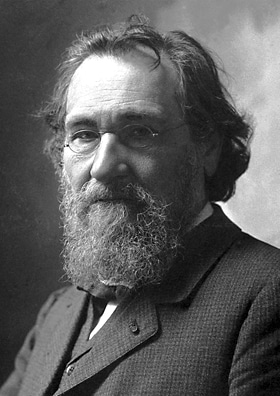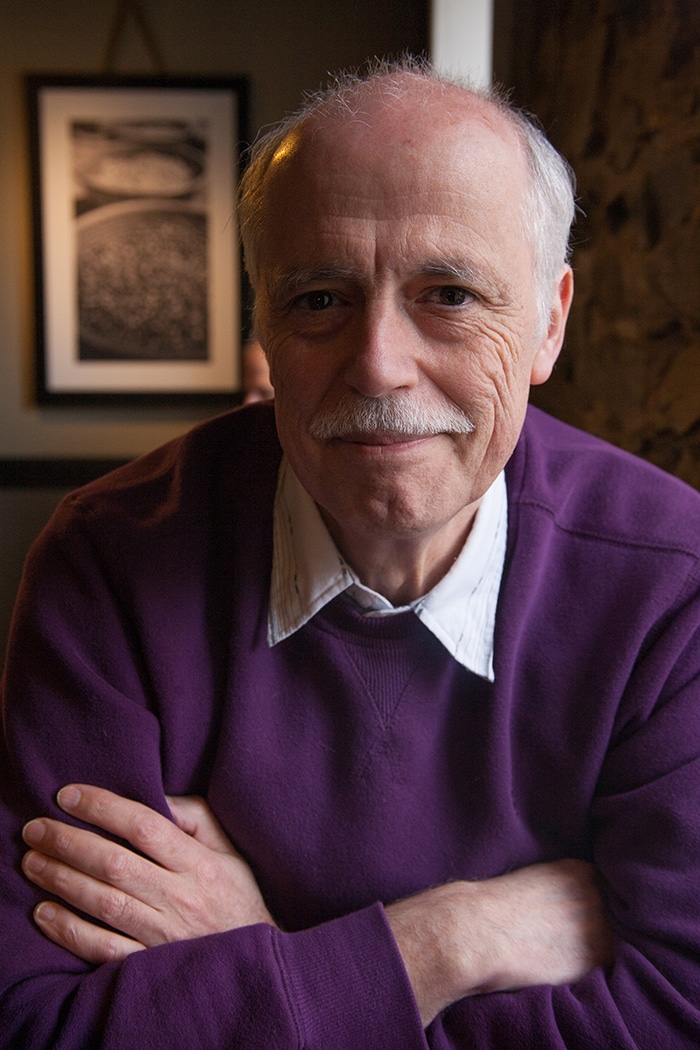
Today we recognize the 170th anniversary of Elie Metchnikoff, who is considered to be the founder of gerontology.
Metchnikoff (1845-1916) was a Russian microbiologist and zoologist who devoted much of his research to the inner workings of the immune system. His most notable discovery was that of “phagocytes,” bacteria-eating cells which he realized serve as protectors against infection. This led to an appointment to the Pasteur Institute in France and ultimately the prestigious Nobel Prize in 1908.
In his later years, Metchnikoff began to turn his attention to the concept of human longevity. His curiosity piqued by his observations of the unusually large number of centenarians in certain sections of Eastern Europe, he began to develop his own scientific theories on how lifespan could be extended. His theories laid the groundwork for aging research and continue to influence scientists more than 100 years later.
To learn more about his legacy and contributions to gerontology, please read this piece by Ilia Stambler, Ph.D.





